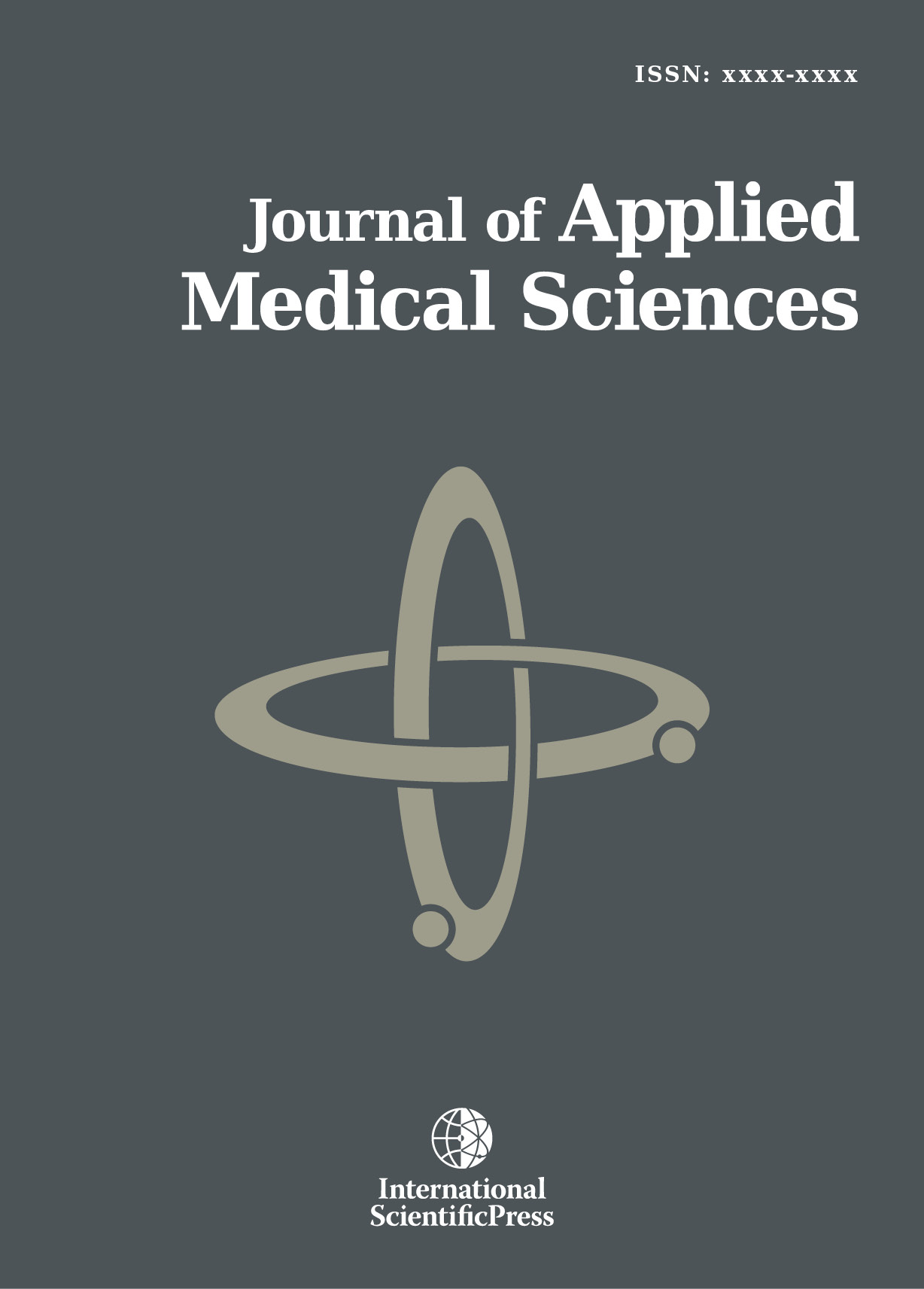Journal of Applied Medical Sciences
Medication Management Factors Associated With Medication Errors at Japanese Long-Term Care Facilities
-
 [ Download ]
[ Download ]
- Times downloaded: 9654
Abstract
To evaluate the quality of healthcare services provided at long-term care facilities (LTCFs), this study focused on medication management practice and performance. We measured the incidence of medication errors, and also aimed to clarify which structure and process indicators were associated with the incidence of such errors at LTCFs. We collected data on medication management practices and the incidence of medication errors in the fiscal year 2012–2013 at 865 LTCFs, sampled from among those registered with the Welfare, Health and Medical Care Information Network of the Welfare and Medical Service Agency in Japan. We assessed the incidence of medication errors over the course of a year and examined the relationships between medication management practices and incidence of errors, using a multiple regression analysis. The incidence of medication errors at LTCFs was 40.0 per 1,000 residents. Of these, the incidence of errors of severity level 3, defined as those resulting in some degree of harm, was 1.4 per 1,000 residents. Structure indicators relating to the incidence of medication errors were the number of residents, residents per nurse, and residents per care staff member; related process indicators were the practice of action to increase awareness and improve measures taken to prevent medication errors by staff, and double-checking of medications by staff before administration to residents. Overall, medication errors were associated with human resources and double-checking of medications. Our findings suggest that in order to prevent medication errors, LTCFs should increase their staffing levels and put in place systems for double-checking of medications.
Keywords: medication errors, medication management, long-term care facility
